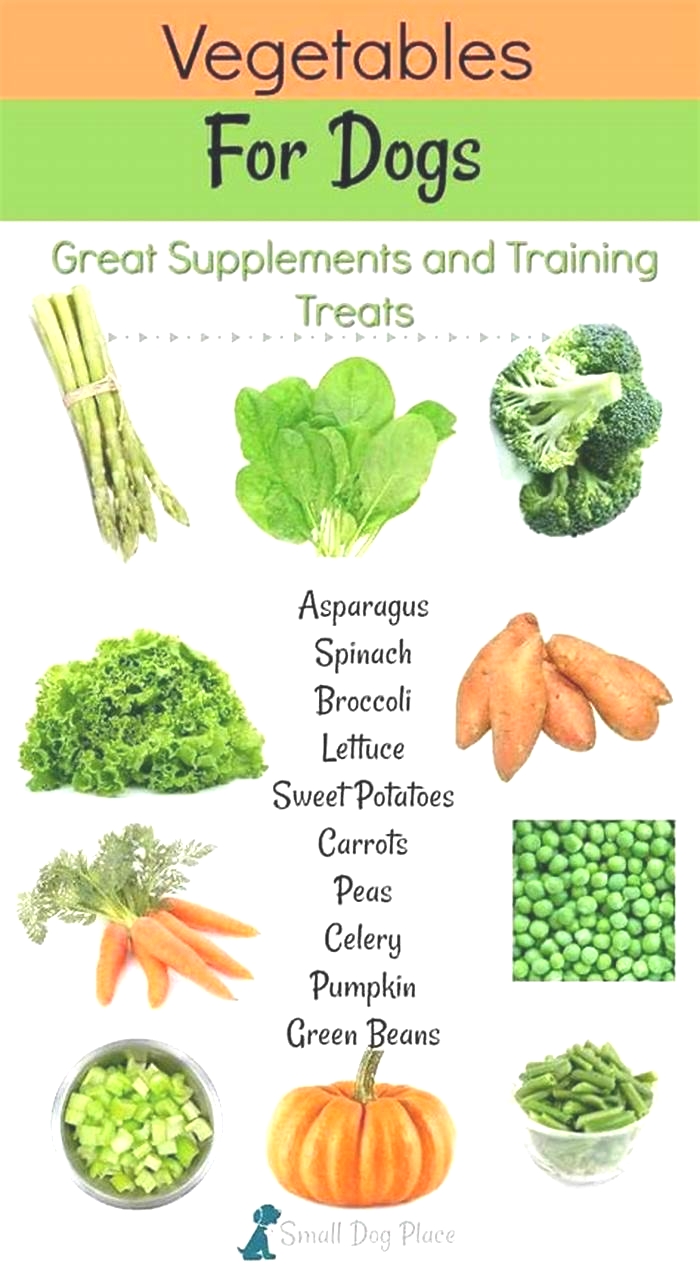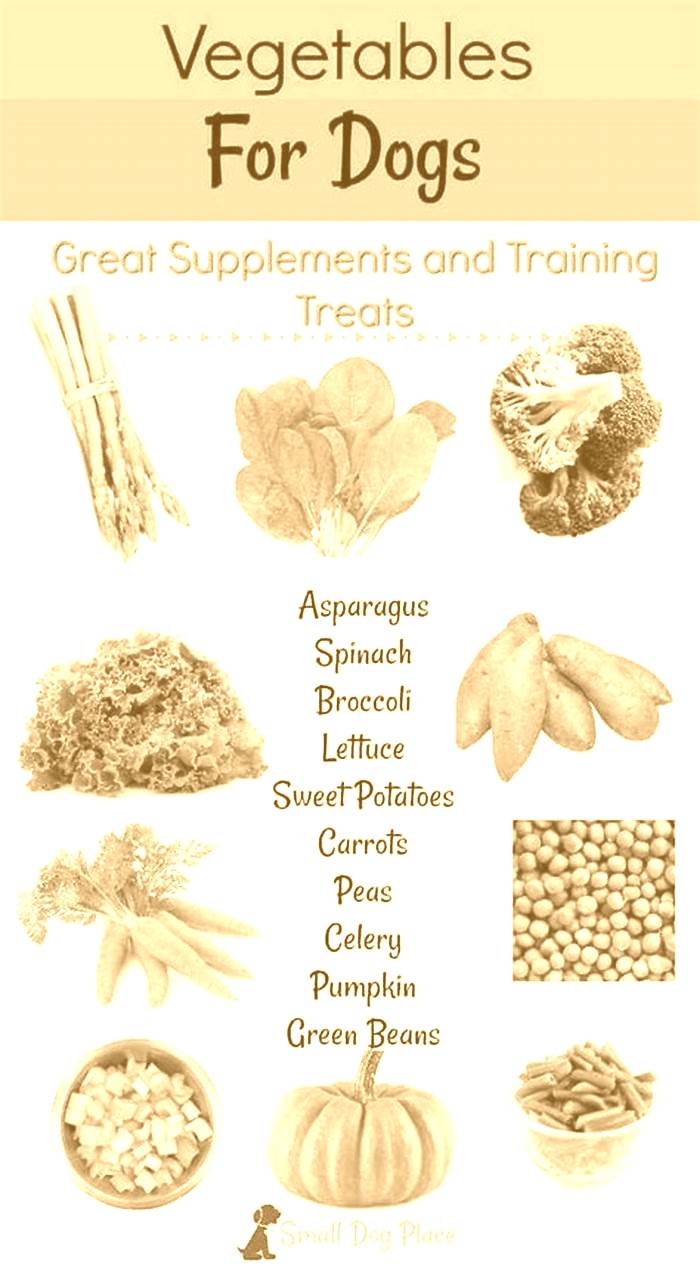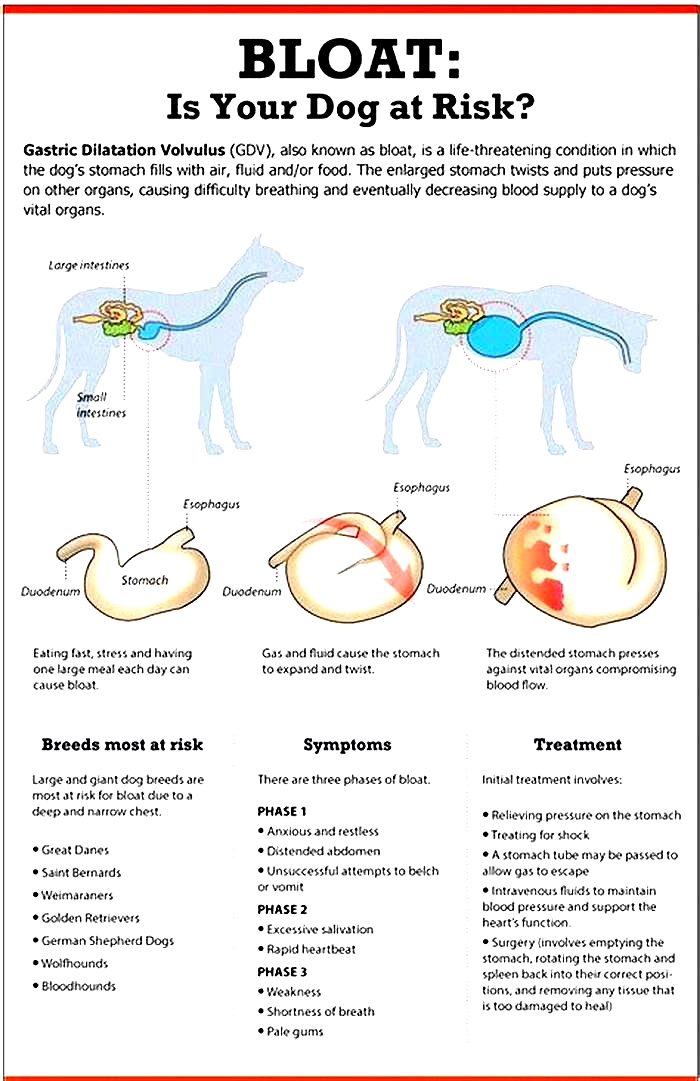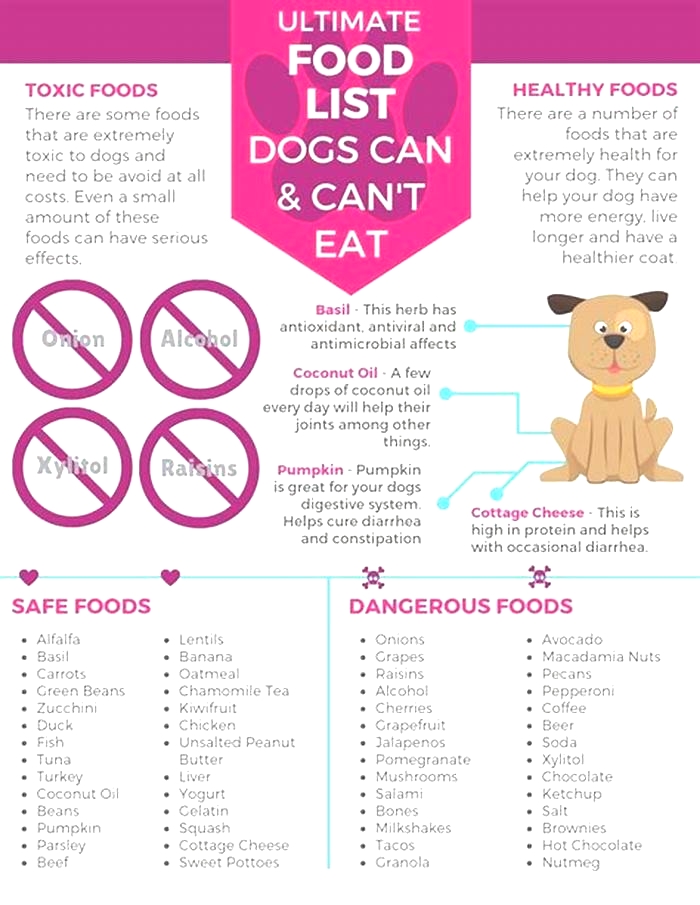What are signs of poor gut health in dogs
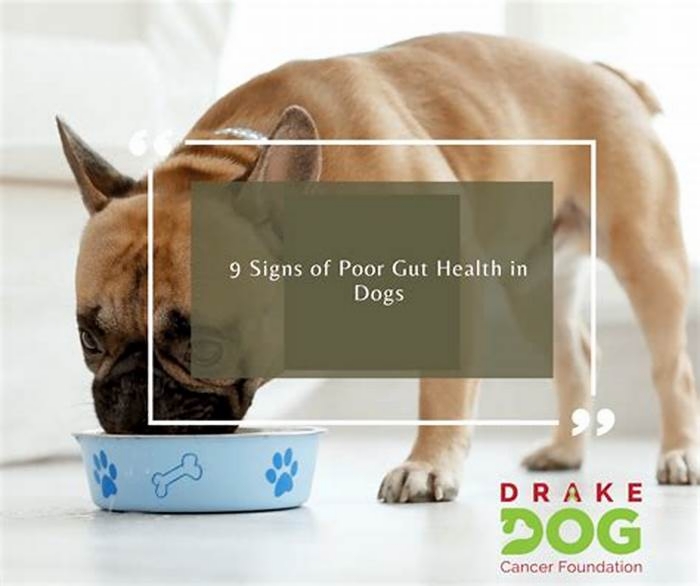
9 Symptoms and Signs of Poor Gut Health Digestive Disorder In Dogs
Youre a pet owner who wants the best for your pup. Do you want to know the signs of poor gut health in dogs? After all, they give us so much love and companionship. Looking out for their health is essential. One crucial element to monitor when it comes to your dogs wellness is gut health, which can indicate overall well-being and sometimes severe illness.
However, signs that gut health may be off balance in your pup dont always present themselves outwardly or appear obviously. So often, its not until we know the subtle symptoms to look for that we grow aware of this problem and begin taking steps toward correcting it.
In this blog post, well discuss some key warning signs of poor gut health in dogs from appetite changes to behavioral shifts and how you can help preserve a healthy digestive system!
Signs of poor gut health in dogs
Some signs of bad gut health in dogs include:
1- Diarrhea
Imagine youre eating your favorite ice cream, but its more like a liquid instead of being friendly and creamy. Thats what diarrhea is for dogs. It means their poop is more like water than a solid. There can be many reasons, but you must consult a vet if this condition is consistent. Otherwise, it can result in a weakness in your furry friend.
2- Vomiting
Sometimes, dogs will throw up their food, just like you might if you ate something that didnt agree with you. It would help if you understood that, in this case, their digestive system has some issues. Either the food is not appropriate, or they cannot digest it. Whatever the reason, go to the vet to learn more about this issue until it worsens.
3- Loss of appetite
Imagine youre at an extensive buffet with all your favorite foods, but youre not feeling starving and dont want to eat anything. Thats what a loss of appetite is like for dogs. They might want to eat less than usual or not want to eat at all. Many things can cause it, so its essential to see a vet if it lasts for a long time.
4- Weight loss
Imagine you used to weigh 50 pounds, but now you weigh 45 pounds. Thats what weight loss is like for dogs. It can happen for many reasons, but its essential to see a vet if it happens quickly or with other symptoms. But mainly, weight loss can be hazardous for puppies. Please dont take it lightly.
5- Abdominal Pain
Dogs with abdominal pain might show signs like hunching over, panting, licking their stomachs, and trying to hide. Many things can cause it, so its essential to take them to the vet if these signs happen often or last long.
6- Gas and Bloating
Imagine youre blowing up a balloon, but its inside your belly. Thats what gas and bloating are like for dogs. They might look like they have a beer belly, or their stomachs might be more significant than usual. Different things can cause it, so its essential to see a vet if these signs happen often or last long.
7- Constipation
Imagine you need to go to the bathroom, but you cant. Thats what constipation is like for dogs. They might have infrequent poops, or their poop might be complex and dry. Many things can cause it, so its essential to take them to the vet if these signs happen often or last long.
8- Bad Breath
Bad breath is one of the signs of poor gut health in dogs. Its not normal for dogs to have bad breath, so if your pup does, that could be a sign of an underlying problem like poor digestion. Such issues should be taken seriously and must go to the vet.
9- Changes in Stool Consistency and Color
If your gut health is off, you may notice changes in the consistency and color of your dogs stool. It could be anything from watery to challenging or different shades of brown. If this is happening, its a sign that something might be off internally and should be checked by a vet.
These are just some signs of poor gut health in dogs. Its essential to take your pup to the vet if you notice any signs or symptoms that indicate digestive problems, as these could be signs of a more serious issue that needs to be addressed. By treating this, you can convert it to a healthy gut.
Remember, good gut health for your pup starts with good nutrition and regular checkups! If you have any questions
Causes of Poor Gut Health in Dogs
There are several potential causes of poor gut health in dogs, including:

1- Poor Diet
One of the primary causes of poor gut health in dogs is a poor diet. Dogs fed a diet of processed foods or table scraps are more likely to suffer from gut problems than those fed a balanced, nutritious diet. Dogs who eat too much or too little can also be at risk for gut issues.
2- Lack of Exercise
Another common cause of poor gut health in dogs is a lack of exercise. Just like humans, dogs need to get regular exercise to stay healthy. A sedentary lifestyle can lead to weight gain, which can strain the digestive system and lead to gut problems.
3- Stress
Stress is another factor that can contribute to poor gut health in dogs. When a dog is stressed, it can affect its appetite and lead to gastrointestinal problems. Stress can also weaken the immune system, making the dog more susceptible to infections or other illnesses.
4- Use of Antibiotics
Antibiotics are another common cause of poor gut health in dogs. While antibiotics can be necessary to treat infections, they can also kill off good bacteria in the gut, leading to an imbalance that can cause gastrointestinal problems.
5- Use of NSAIDs
Non-steroidal anti-inflammatory drugs (NSAIDs) are another medication that can cause gut problems in dogs. NSAIDs are commonly used to treat pain and inflammation, but they can also damage the lining of the stomach and intestines, leading to irritation and inflammation.
6- Food allergies or Intolerances
Food allergies or intolerances can also lead to poor gut health in dogs. When a dog is allergic to or has a bias for certain foods, it can cause inflammation and irritation in the gut, leading to gastrointestinal problems.
7- Parasites
Parasites are another common cause of poor gut health in dogs. Parasites can interfere with the absorption of nutrients, leading to malnourishment and gastrointestinal distress. Additionally, parasites can cause inflammation and irritation in the intestines, leading to other signs of poor gut health.
8- Inflammatory Bowel Disease (IBD)
Inflammatory Bowel Disease (IBD) is a chronic condition that can also lead to signs of poor gut health in dogs. IBD can cause inflammation in the intestines, leading to symptoms like diarrhea, vomiting, and weight loss. If your pup is exhibiting signs of IBD, its essential to take them to the vet as soon as possible for diagnosis and treatment.
Its important to recognize signs of poor gut health in your dog so that you can take steps to address the issue. If you notice poor gut health in your pup, take them to the vet immediately so they can get the treatment they need.
Diagnosis and Treatment of Poor Gut Health in Dogs
There are some diagnoses, treatments, and prevention for digestive disorders in dogs.

Diagnosing Poor Gut Health in Dogs
If your dog displays any signs of poor gut health, your vet will likely perform a physical examination and order some laboratory tests. These tests may include the following:
- Fecal analysis
- Blood work
- X-rays
- Ultrasounds
The results of these tests will help your vet determine the
underlying cause of your dogs symptoms and develop a treatment plan accordingly.
Treating Poor Gut Health in Dogs
The treatment for poor gut health in dogs will vary depending on the underlying cause. If your dog has an imbalance of good and bad bacteria in their gut, it may be prescribed antibiotics or probiotics. If stress contributes to their condition, they may be prescribed anti-anxiety medication or referred for behavior therapy. In some cases, surgery may be necessary to correct a gastrointestinal obstruction.
Prevention of Poor Gut Health in Dogs
You can do a few things to help prevent poor gut health in your dog.
- First, feed them a balanced diet that is high in fiber and low in processed foods.
- You should also ensure they get plenty of exercise and avoid stressful situations as much as possible.
- Finally, consider giving them a probiotic supplement regularly.
Improve Your Dogs Gut Health
Improving your dogs gut health is essential for maximum dog wellness. From ensuring the right balance of bacteria and other vital microorganisms to providing a proper, nutritious diet, focusing on your dogs gut health can benefit them in various ways.
You can take practical steps to add probiotics to their meals, feed them healthy sources of fiber such as sweet potatoes and pumpkin, and limit processed food.
Supplements can also help glucosamine and fish oils nourish joints, while digestive enzymes and acids promote digestion. Taking care of your dogs gut health is part of being a responsible dog owner and will pay off in the long run!
Sings of Poor Gut Health in Dogs Final Thoughts
To conclude, poor gut health can be an alarming problem for your pet, but its easily preventable and treatable with early recognition and a visit to your veterinarian.
Signs of poor gut health in dogs include greasy coats, loose stools, bad breath, and vomiting. Common causes of poor gut health vary from dietary indiscretion to pathogens like bacteria or viruses. To prevent poor gut health, monitor your pets overall behavior and diet, keep up with regular examinations at the vet and work with them if you think poor gut health is present.
If left untreated, more severe conditions such as gastrointestinal disease can occur; as such early diagnosis is essential. At-home treatment options can include probiotic supplements or a switch to foods specifically crafted for digestive health in dogs.
Let me know what signs you observe in your dog and what you have done to improve its digestion health journey! We would love to hear from you!
Also, read this: What Is Dog Hot Spot? 5 Causes, Effective Treatments, and Home Remedies
Sings of Poor Gut Health in Dogs FAQs
How do you fix a dogs gut?
How do you fix a dogs gut? Dogs have many potential causes of gut problems, so its best to consult with a veterinarian to determine the underlying cause and the most appropriate treatment.
Some of the dogs most common causes of gut problems include dietary indiscretion (eating something they shouldnt have), parasites, bacterial overgrowth, food allergies/intolerances, and liver disease. Treatment will vary depending on the cause but may include antibiotics, anti-parasitic medications, dietary modification, and supplemental probiotics/prebiotics.
What causes an unhealthy gut in dogs?
Many potential causes include diet, stress, infection, and environmental toxins.
Diet is a significant factor in gut health. Dogs that eat commercial pet food are more likely to have digestive problems than dogs that eat a balanced home-cooked diet. Processed foods are loaded with preservatives, artificial colors and flavors, and other chemicals that can damage the intestinal lining and lead to inflammation.
Stress is also a significant contributor to gut problems in dogs. When a dog is stressed, his body releases hormones like cortisol that can upset the delicate balance of bacteria in the gut.
Infection is another common cause of gut problems in dogs. Bacteria, parasites,
How do you check a dogs gut health?
There are a few ways to check for an unhealthy gut in dogs. One way is to look at the dogs stool. If the stool is black and tarry, it may show bleeding in the stomach or small intestine. Another way to check for gut health is by taking a sample of the dogs blood and testing it for signs of infection or inflammation.
Many things, including parasites, infections, food allergies, and liver disease, can cause an unhealthy gut. If you see consistent issues in your dogs digestive system, you must take him to the veterinarian to get checked out and receive proper treatment if needed.
What is leaky Gut Syndrome?
The leaky gut syndrome is a condition that results when the lining of the small intestine becomes damaged and allows undigested food, bacteria, and toxins to escape into the bloodstream. It can lead to inflammation and a variety of health problems.
Symptoms of leaky gut syndrome include bloating, gas, abdominal pain, diarrhea, constipation, fatigue, joint pain, skin rashes, and mood swings.
There is no one-size-fits-all treatment for leaky gut syndrome. Treatment may involve
- dietary changes,
- supplements,
- probiotics which are beneficial bacteria, and
- lifestyle changes that keep up your intestinal health.

